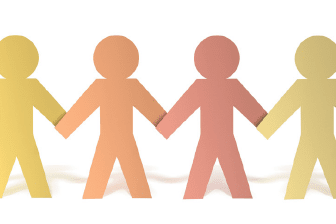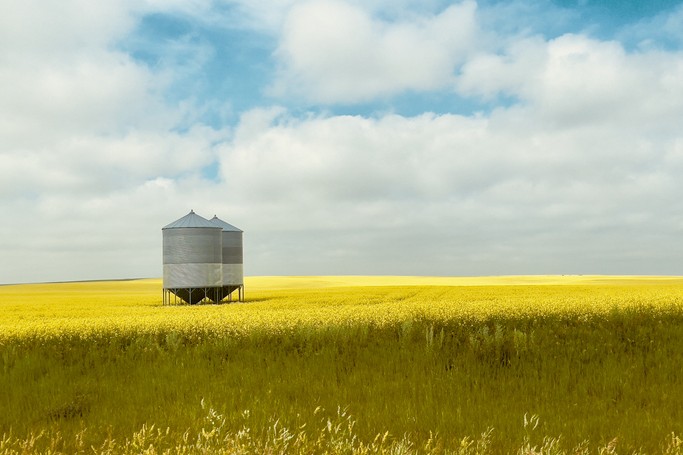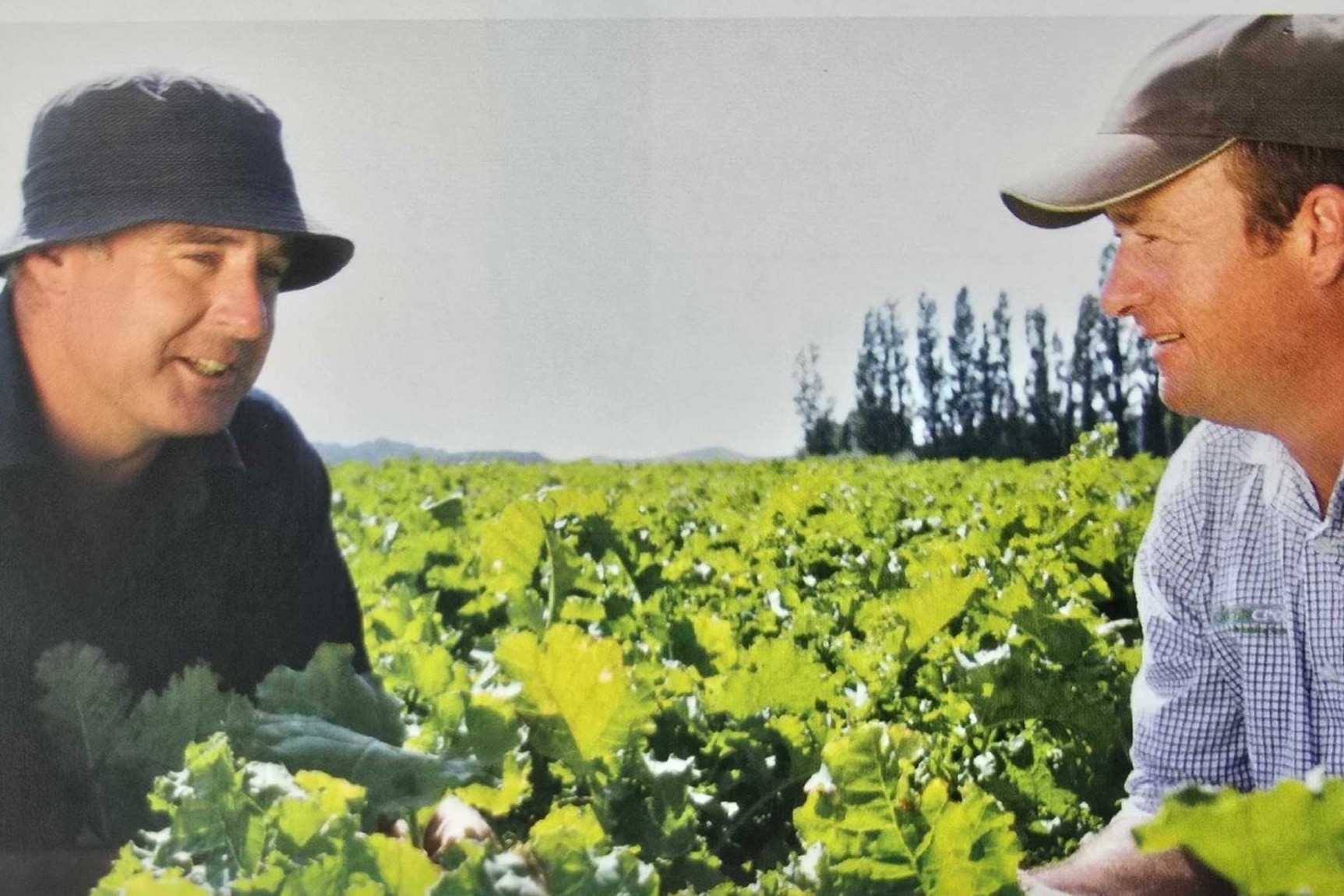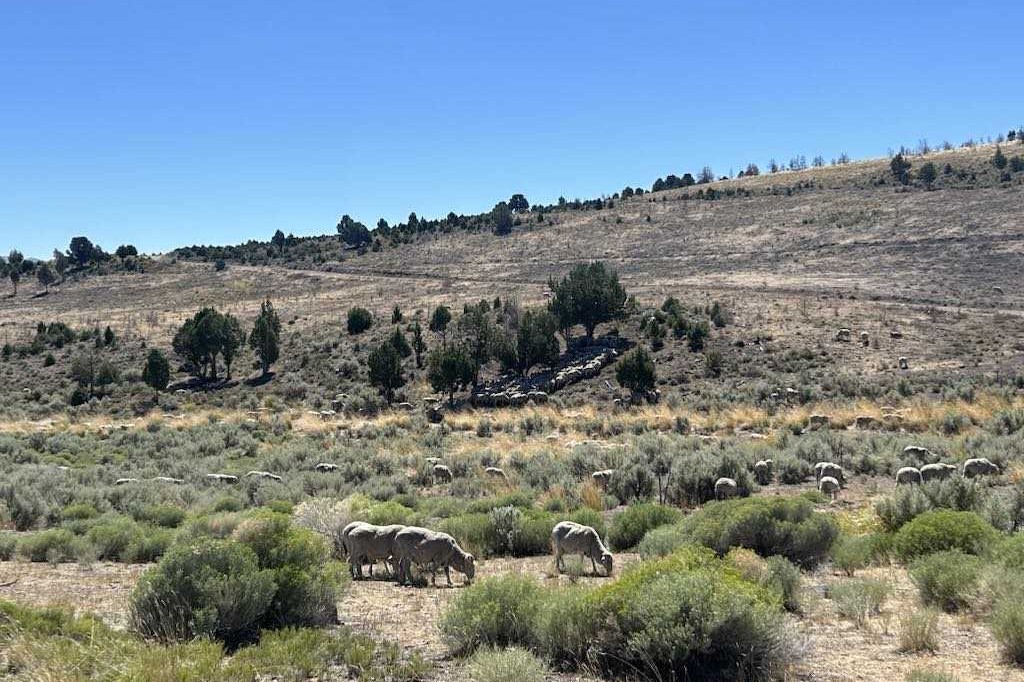Doing our bit in the sticks
City-raised Dani Darke pulls her boots out of the autumn mud to contemplate rural people’s community spirit.

City-raised Dani Darke pulls her boots out of the autumn mud to contemplate rural people’s community spirit.
IT’S ONE OF THOSE SQUALLY, HEAVY shower kind of days – the ones where MetService shows a symbol of a sun behind a light cloud and a few rain drops. Sometimes I wonder if the people that work for the weather forecasters actually ever look out the window.
After a massive amount of rain over the past few weeks we have had a slip come down, taking out fences and a culvert along the way. The digger has come through and tidied up where he can but it’s left behind a bit of a mess. So today has been spent dodging the showers and helping my beloved fix fences.
Squelching around in the mud and the showers isn’t the funnest way to spend a morning, but the paddock is needed by the ewes and so the show must go on. I am often surprised by Anthony’s tenacity when confronted by a job like this one. Maybe the grittiness and determination our rural men exhibit harks back to the pioneering spirit this country was built on.
When I am facing a job in mud up to the tops of my gumboots, with cold fingers, wet running down the inside of my jacket, and wire that doesn’t want to be strained, I have a tendency to feel a bit overwhelmed. I wonder what kind of New Zealand would have been created if everyone had felt that way.
I often contemplate the extraordinary attributes of rural folk. Perhaps it’s because I’m really an outsider, having been brought up in Wellington, that I see things in this way.
I do a bit of work with Rural Coach around family succession planning, and business strategy planning. One of the first things we do with people is a ‘discovery’ process where people write down what is most important to them, and what they really value in life. It’s really interesting to me that ‘community’ is virtually always a top three value for rural people. However, when I talk to their urban family members as part of the process, that isn’t always the case.
That got me thinking about the things rural people do within their communities. We all know that in a small community there are many roles but not many people to do them, so people end up doing a lot. Most rural people see this as just part of being in a small community – not a chore, but a way to be connected and to help the community be strong. There is almost a succession of roles to be taken on, starting with being on the Playcentre committee, moving through to the Cossie Club and Sports Day committees, and then on to the local Lions Club.
I am part of a farm business discussion group and at one of our field days the group was accused of being too profit-driven, and not focused enough on other outcomes. I took exception to this as I knew what the members in our group did as part of their everyday farming lives. I decided to do a stocktake. The list was long and varied and included school board of trustees chair and several trustees; Fed Farmers regional chair; catchment group founder and chair; rugby, soccer, hockey, cricket coaches and coordinators; senior rugby referee; pony club president; local fundraiser event manager and track managers; dog trial committee members; farmer director; first responder; dentist association secretary; school stock scheme manager; Search and Rescue volunteer, the list goes on. Most are unpaid community service that the group did because that’s what happens in small communities.
This is the reality of what rural people do needs to be understood by government when they think about rural communities. When compared to many of our urban counterparts, rural people are doing more than their share of keeping their community alive, and therefore keeping NZ alive, and that needs to be recognised.




